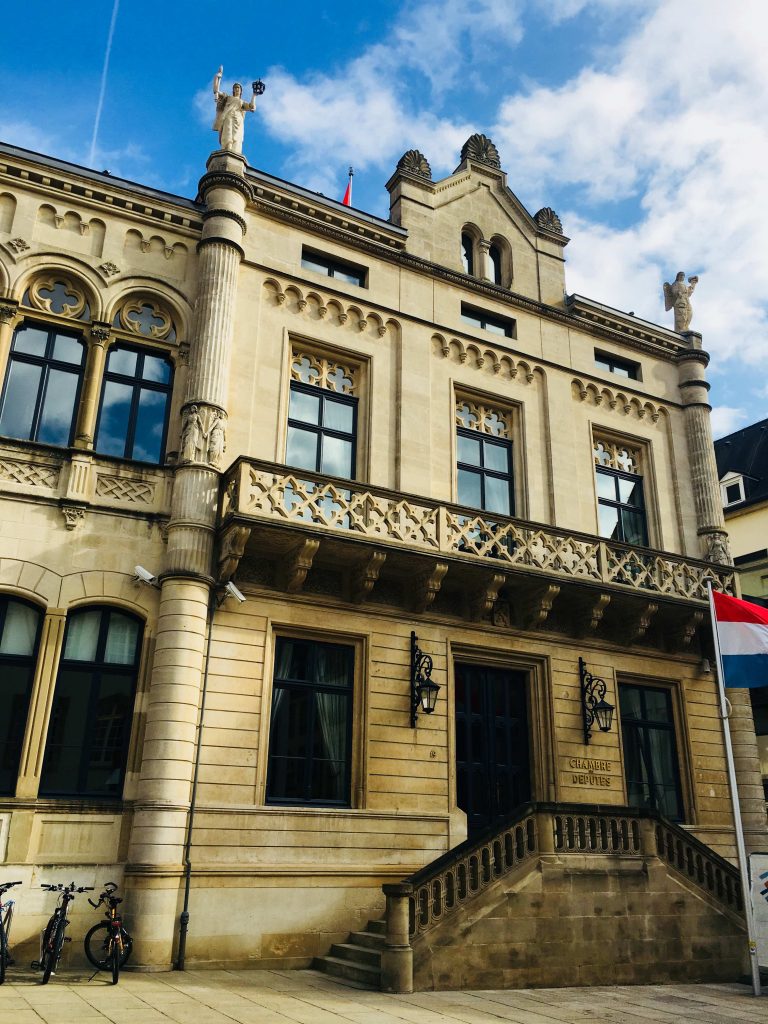Legally Loco in Luxembourg

In the field of psychiatry as in most areas, Luxembourgish laws- voted on and implemented in the Chamber of Deputies or national Parliament- were largely modelled on those of other countries under the 19th-century Napoleonic Code or French civil code. Indeed, the code- dating from 1804- inspired the judicial systems of many countries across Europe, including Luxembourg and Belgium which had been annexed to France following the French Revolutionary Wars until 1815.
However, whilst the first real psychiatric legislation emerged in France and Belgium in 1838 and 1850 respectively- with the French Law of 30 June 1838 (Loi sur les aliénés) and the Belgian Law of 18 June 1850- Luxembourg lagged slightly behind its neighbours in this field. Although the Hospice Central or CHNP in Ettelbruck was set up in 1855 to accommodate the mentally ill, the first national law on psychiatric care did not evolve until the late-19th-century with the introduction of the Law of 7 July 1880 on the regime of the insane (Loi sur le régime des aliénés).
This law, which was very much based on the aforementioned French and Belgian laws and their subsequent amendments, finally introduced a medical aspect to the issue of mental health.
Moreover, there was one particular occasion on 16 March 1899 when the socialist deputy Michel Welter provoked a chamber debate criticising the mistreatment of patients at the Hospice Central. Indeed, Welter argued that the government focused more on the financial profits generated from the hospice than on taking care of the mentally ill kept in the institution.
The speech is referred to in the Luxemburger Wort article from the same day, entitled “Zur gestrigen Kammer-Debatte über das Centralhospiz in Ettelbrück”. The article describes the way in which Michel Welter made appeals to Dr Buffett, the director of the Hospice Central, to publicly recognise the inadequacy of the institution in serving the needs of its patients. Welter later added his own thoughts on the profit-generating nature of the institution, “made at the expense of the poor mental patients of Ettelbruck”.
